
NASA in Turmoil: Elon Musk’s Growing Grip Sparks Internal Chaos and Political Alarm
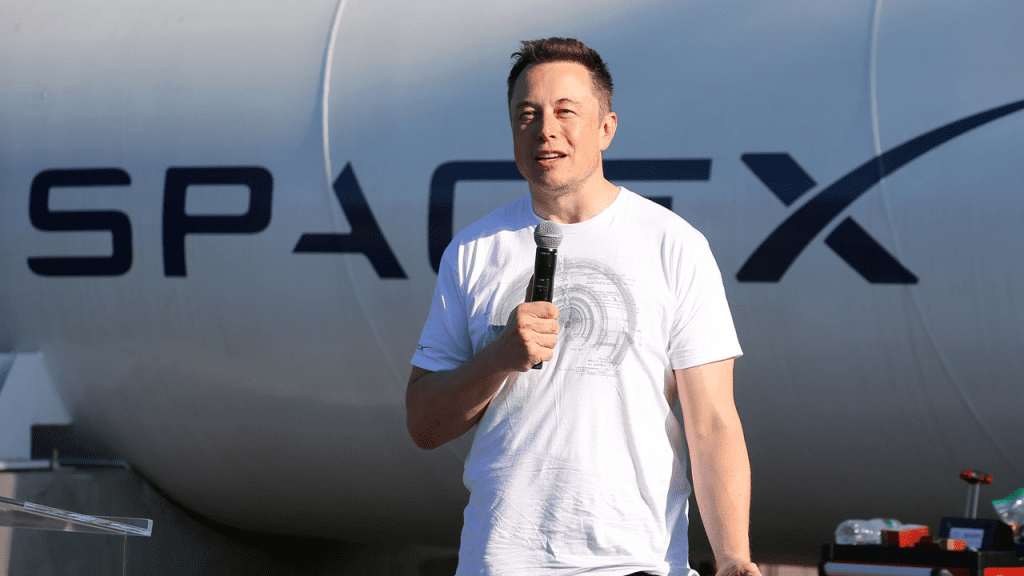
NASA—the United States’ legendary space agency—is currently navigating a storm of controversy, confusion, and institutional instability. At the center of the upheaval stands one figure: Elon Musk. Once hailed as a revolutionary partner in space exploration, Musk has now emerged as a polarizing force reshaping NASA’s identity, influence, and future direction.
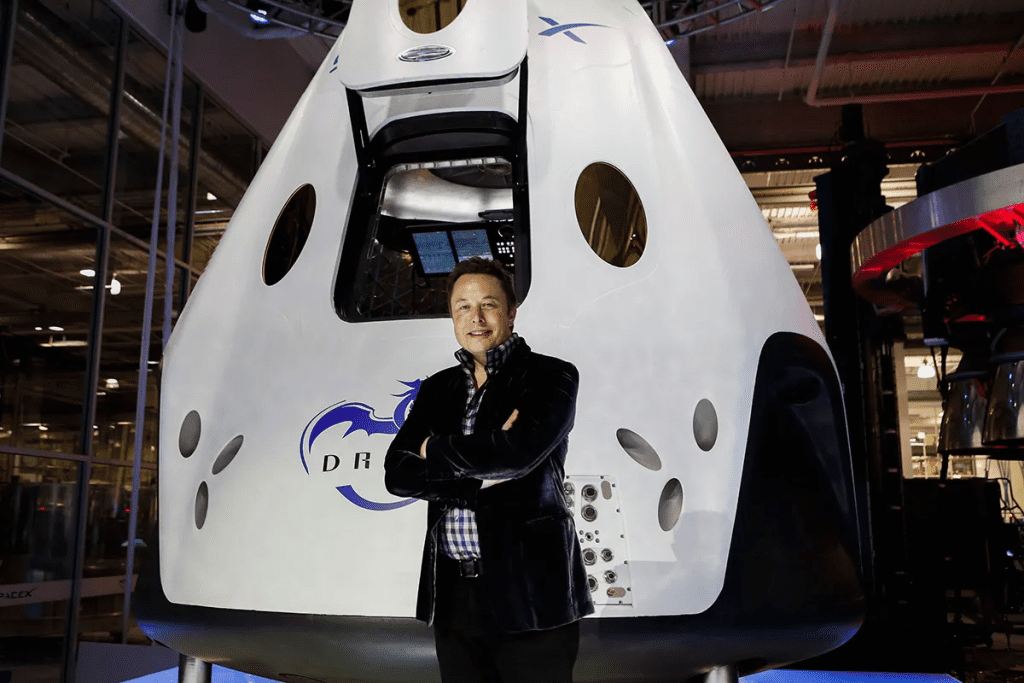
As the founder of SpaceX—NASA’s largest private contractor—Musk isn’t just supplying rockets. He’s actively influencing strategic decisions, budget allocations, and long-term goals. And as his sway increases, so does internal dissent.
Musk’s Influence: From Partner to Powerbroker
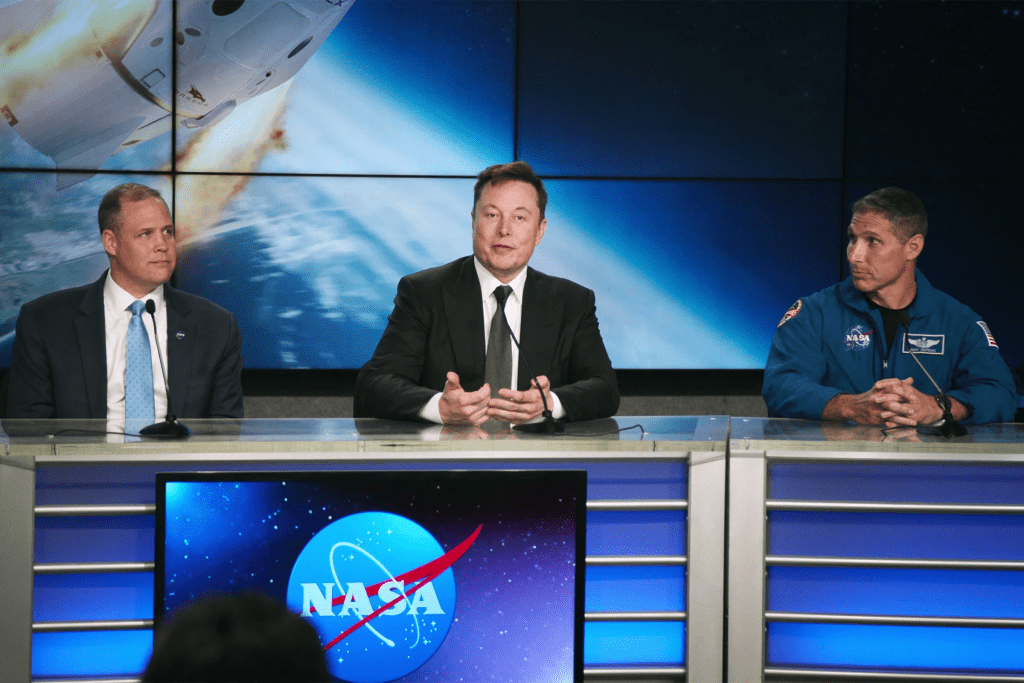
SpaceX has long been vital to NASA, particularly for missions to the International Space Station (ISS). But Musk’s ambitions stretch far beyond low-Earth orbit. His vision is laser-focused on colonizing Mars—often at the expense of NASA’s legacy goals, like the Artemis program, which aims to return astronauts to the Moon.
“No, we’re going straight to Mars,” Musk tweeted earlier this year, dismissing lunar exploration as “a distraction.” He’s also labeled the Artemis initiative as a “jobs-maximizing program, not a results-maximizing program.” These critiques reflect a broader behind-the-scenes campaign to redirect NASA’s resources toward Mars exploration—specifically projects that utilize SpaceX’s Starship vehicle.
Fallout Within NASA

The internal consequences have been dramatic. NASA has undergone mass layoffs, deep budget cuts, and a major leadership shake-up—changes that many attribute directly to Musk’s rising influence.
Sources report that over 1,000 employees were laid off with just 30 days’ notice, violating federal guidelines requiring 60 days’ warning. These abrupt cuts came without severance or reassignment opportunities. Several staff members said they were denied bonuses and feel they were deliberately pushed out.
“I think we were targeted,” one employee told CNN. Another described the situation as a “hatchet job” that would result in a “brain drain” affecting NASA’s technical and scientific future for decades.
The chaotic handling of the layoffs—first announced, then partially reversed under apparent White House pressure—has left the workforce in a state of uncertainty. Many employees now question the agency’s direction and leadership.
A New Leader, Deeper Ties to Musk

As NASA seeks new leadership, reports suggest that billionaire tech founder and SpaceX space tourist Jared Isaacman is poised to replace interim administrator Janet Petro. Isaacman is a vocal Musk supporter, and his appointment is raising concerns over potential conflicts of interest.
Should he take the helm, critics argue, Musk’s control over NASA would be virtually cemented—blurring the lines between private enterprise and public policy.
Mars vs. Moon: A Political Divide
Musk’s opposition to the Moon-focused Artemis program has stirred significant tension in Washington. While Mars exploration has its champions, Artemis enjoys strong bipartisan support in Congress.
Representative Brian Babin (R-TX) voiced sharp concern: “Starship? I want success out of it. But for us to beat the Chinese… it’s going to have to be SLS that does it.”
His remarks reflect wider anxiety that canceling NASA’s Space Launch System (SLS)—a project in development for over a decade—in favor of Starship could compromise U.S. leadership in space and give too much power to a single private company.
Privatization vs. Public Mission
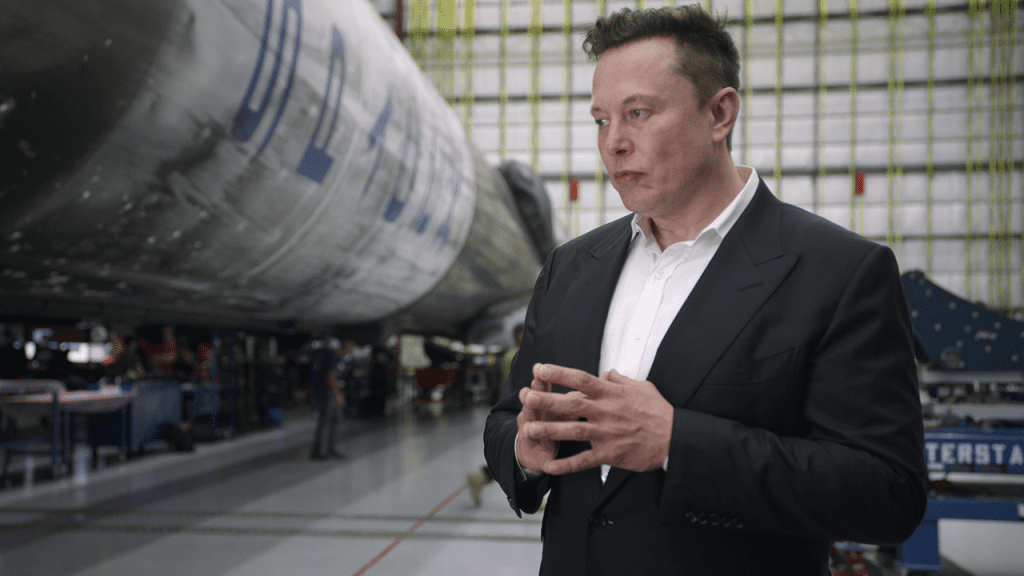
The situation has reignited debate over the role of private contractors in publicly funded space programs. While SpaceX has delivered impressive results at lower costs, critics argue that the federal government’s increasing reliance on Musk threatens the independence and neutrality of NASA.
What was once a pioneering public agency, leading missions with a clear national mandate, now finds itself caught between tradition and private ambition. SpaceX’s expanding footprint risks turning space exploration into a business venture rather than a public good.
A Struggle for NASA’s Soul
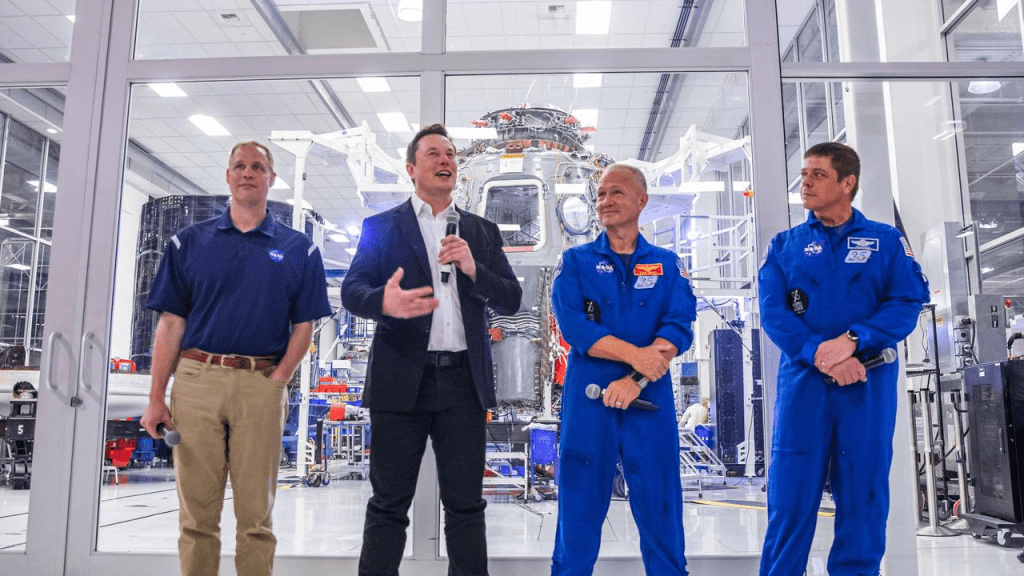
NASA’s interim administrator, Janet Petro, attempted to reassure staff, writing in a March memo: “Change is never easy… but the NASA workforce is at the heart of these discussions.” However, for many within the agency, such words fall flat amid widespread job insecurity and strategic confusion.
Ultimately, the question of whether NASA will prioritize the Moon, Mars, or both no longer rests solely on scientific need, funding, or international competition. It now hinges on how much influence one man—Elon Musk—can exert over the agency that once symbolized America’s collective dreams of space.
In the power struggle between public vision and private ambition, the future of U.S. space exploration hangs in the balance.


